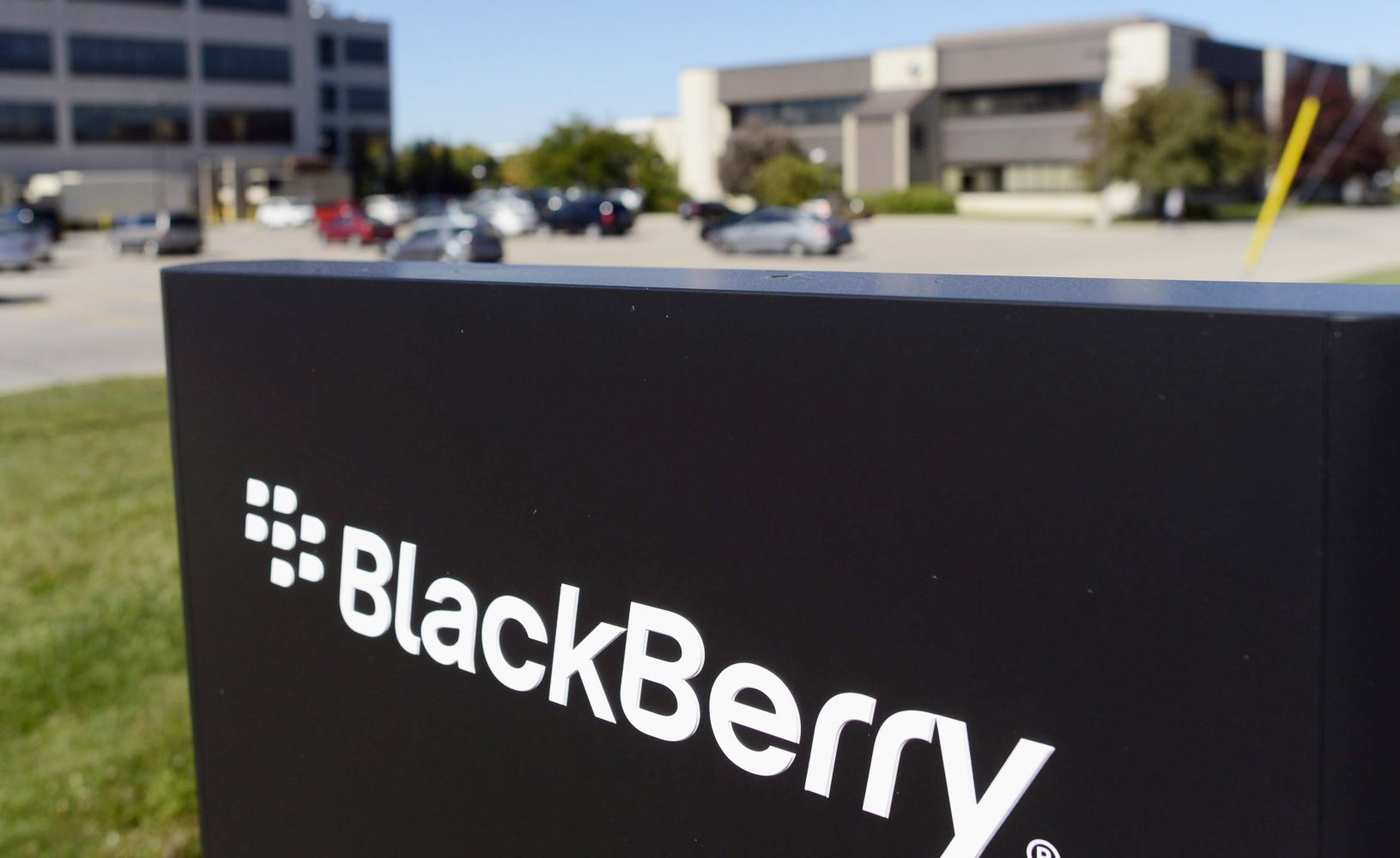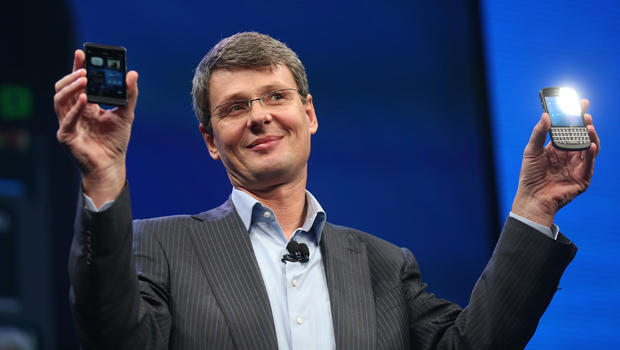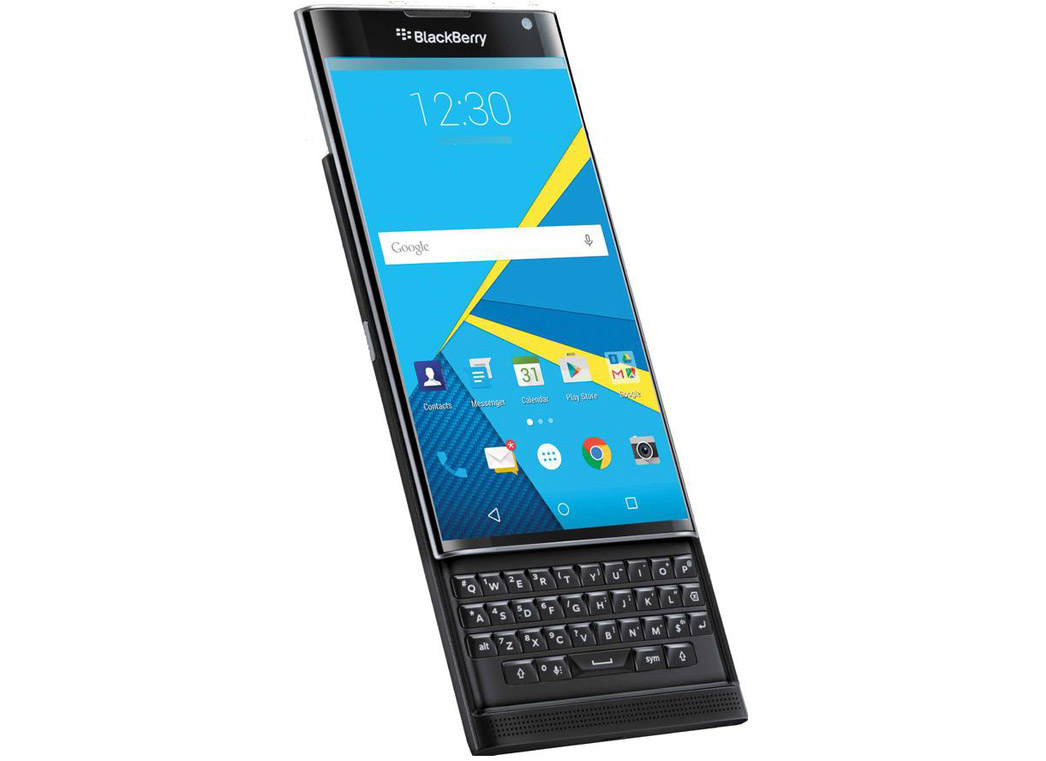
Back in 2007, the Canadian firm Research in Motion (RIM), maker of Blackberry phones used to be one of the giants in mobile industry mainly focusing on the enterprise segment and security. In the same year, the Blackberry Pearl series became highly successful, which was more of a consumer focused series and made RIM one of the most valuable firms in Canada.
But in the same year, Apple was gearing up its touchscreen iPhone launch which paved the way for the downfall of Blackberry phones but the company was able to sustain market share for a few more years. Now, Blackberry had to compete with the iPhone, and came up with its first touchscreen phone in 2008 - Blackberry Storm, which received mixed to poor reviews and poor customer satisfaction. But Blackberry was still making money because of its large carrier distribution network in the United States.
iPhone was the biggest competition which no-one foresaw.
In October 2008, HTC came with the first ever Android phone - HTC Dream, that came with a touchscreen, a physical sliding keyboard and in 2009, Palm came up with the Palm Pre which was a competitor to the Blackberry Storm. Till 2010, Blackberry still held a major market share but with the introduction of iPhone 4 in 2010 and many other Android smartphones, sales began to decline towards the beginning of 2011.
In late 2011, RIM also faced criticism that its hardware and operating system were outdated and unappealing when compared to the competition. Android smartphones and iPhones were simply more consumer focused.

Sales of the iPhone and Android smartphones slowly started rising in 2011 and in 2012, RIM reported its first net loss in years. Their CEOs Mike Lazaridis and Jim Balsillie resigned, handing the responsibility to then executive Thorsten Heins and laying off more than 5000 employees. In 2013, Heins set out to restructure the company first by rebranding RIM which now became Blackberry Limited, changing their stock symbol to BBRY on NASDAQ and BB on TSX and the introduction of the Z10 which had a fully touch-based design and Q10 which was a touchscreen-based QWERTY phone with the new Blackberry 10 OS, which failed to find solid ground among developers and received poor reviews.
Blackberry 10 OS never gained traction, nor did the devices running it.
Late 2013, the company laid off more than 4000 employees and John Chen replaced Heins as the CEO and Heins left the company with $22 million and joined Powermat Technologies, the company behind the PMA standard of wireless charging.
In 2014, the firm came with the low cost Z3 exclusively for the Indonesian market, where Blackberry was still popular. The Z3 was still expensive at the time compared to its Android counterparts in Indonesia. Then came the Blackberry Passport, a QWERTY phone with a touchscreen running BB 10 OS which received mixed reviews.

Fast forward to late 2015 and things have changed a lot. Blackberry ditched their own OS, and announced their first Android smartphone dubbed Blackberry Priv - standing for "privilege" and "privacy." It has a 5.4 inch QHD display with a sliding portrait keyboard, which is throwback to the old and clunky Android slider phones which had little success, although the Priv is anything but clunky. Even with that, the idea of having a physical keyboard on a phone in 2015 is just bizarre.
Physical keyboard on a phone in 2015 is just bizarre.
There was a time when people used to love physical QWERTY keyboards. The transition from physical keyboards to touchscreens created a fuss just like the transition from physical buttons to on-screen buttons. We got used to it and many even prefer it. I know, I know there are those who still prefer physical keyboards but that’s a very small percentage to make a smartphone for.
In 2015, even Samsung came with a physical keyboard accessory for the Note 5 and S6 Edge+ which is an optional accessory. If you want it, get it but the Priv is a throwback to old slider phones. Do we really need those?
Some reports have claimed that Blackberry is working on another Android smartphone dubbed - Vienna, which will be similar to the company’s Q10 but with a larger display.
Rounding back to the Priv, it is a high-end Android smartphone with a hefty price tag of $699 which just doesn’t sit well for their first Android phone especially considering the success of Motorola , OnePlus, Xiaomi and a lot of chinese OEMs in the budget to mid-range segment. I don't think Priv will be the light Blackberry was looking for to gain back its share and respect, atleast not with its current strategy. The Priv might just be a great phone that won't sell well.
Image Credit: 1
























